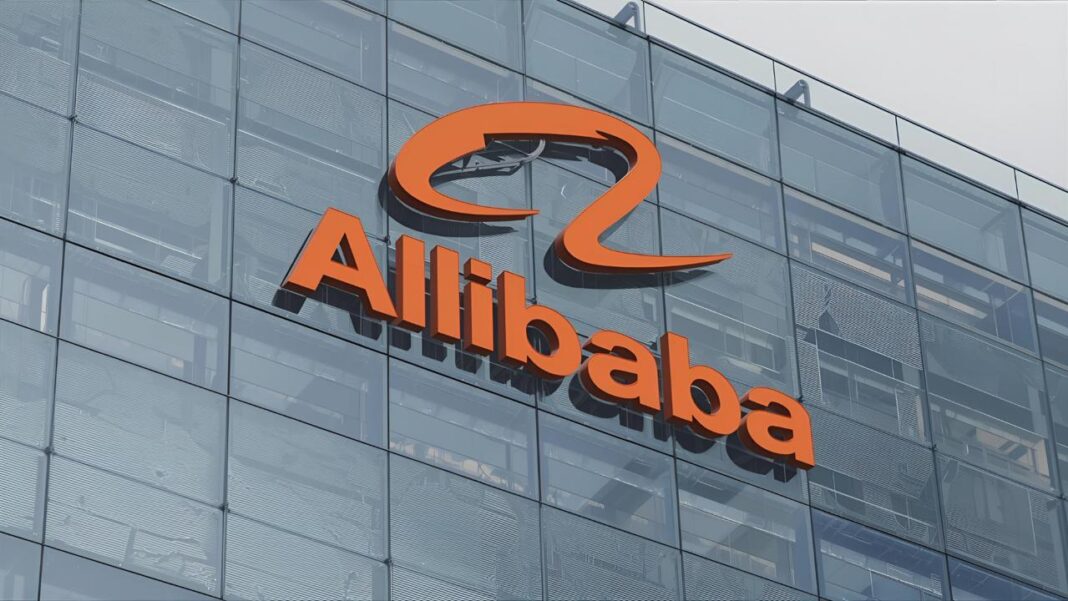Podcast Discussion: Deep Dive Into This Article.
Alibaba’s global B2B platform is taking a major step toward modernizing international payments by adopting blockchain-powered digital tokens. The company plans to use tokenized versions of major fiat currencies to make cross-border transactions faster, clearer, and less dependent on intermediaries.
A Shift Toward Tokenized Payments
Alibaba.com will begin using tokenized deposits backed by traditional currencies like the US dollar and the euro. This initiative is being developed in collaboration with JPMorgan, using the bank’s blockchain infrastructure to streamline payment flows across borders.
Key Highlights
- Alibaba will use tokenized deposits—digital representations of real fiat currencies—to make international payments more efficient.
- The blockchain-based system aims to reduce transaction delays and cut out unnecessary intermediaries.
- The first phase will rely on bank-issued digital tokens, not stablecoins, to ensure clearer regulatory alignment.
- Stablecoin integration may be explored later, depending on regulatory and operational developments.
Why This Matters for Cross-Border Trade
Today’s international payment process can be slow and costly. For example, when a U.S. buyer pays a supplier in China, the money often travels through multiple banks, involves several currency conversions, and takes time to settle.
With tokenized deposits, a digital dollar or euro can move directly across a blockchain network. This reduces the number of parties involved and helps transactions settle more quickly and transparently.
Alibaba will build this system using JPMorgan’s JPMD network, which facilitates the movement of tokenized deposits among institutional clients. Unlike stablecoins issued by private companies, these tokens are managed by regulated banks and remain on the bank’s balance sheet, giving them a clearer compliance structure.
Looking Ahead
Alibaba is open to exploring stablecoins in the future, but for now, the focus is on working with bank-issued digital tokens to ensure a smooth and compliant rollout.
This move reflects a broader trend in global trade: traditional payment systems are gradually evolving toward blockchain-powered settlement, promising a faster and more efficient future for international business.
This article reflects the opinions of the publisher based on available information at the time of writing. It is not intended to provide financial advice, and it does not necessarily represent the views of the news site or its affiliates. Readers are encouraged to conduct further research or consult with a financial advisor before making any investment decisions.



